Redwood or Cedar?
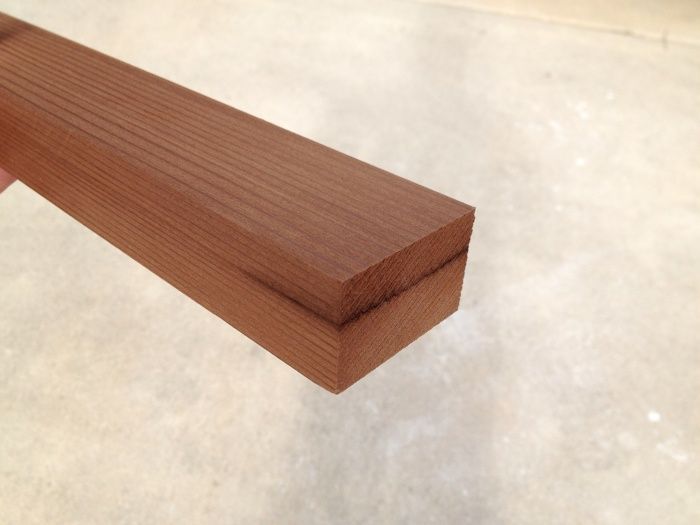
End grain
Acquired this salvaged lumber from a water storage tank, built in the mid-Atlantic in the 1920’s. I was told by the owner (who salvaged the wood when the tank was dismantled 30 years ago) that it was California redwood, imported from the west coast. I was skeptical, and at first blush, I thought it was just cedar. But after milling a small piece of stock, the grain is straighter and tighter than any red cedar I’ve ever seen. Also, there is absolutely no tell-tale aroma that even old cedar has when it’s cut. Anyone have any idea how to clearly differentiate between the two species?
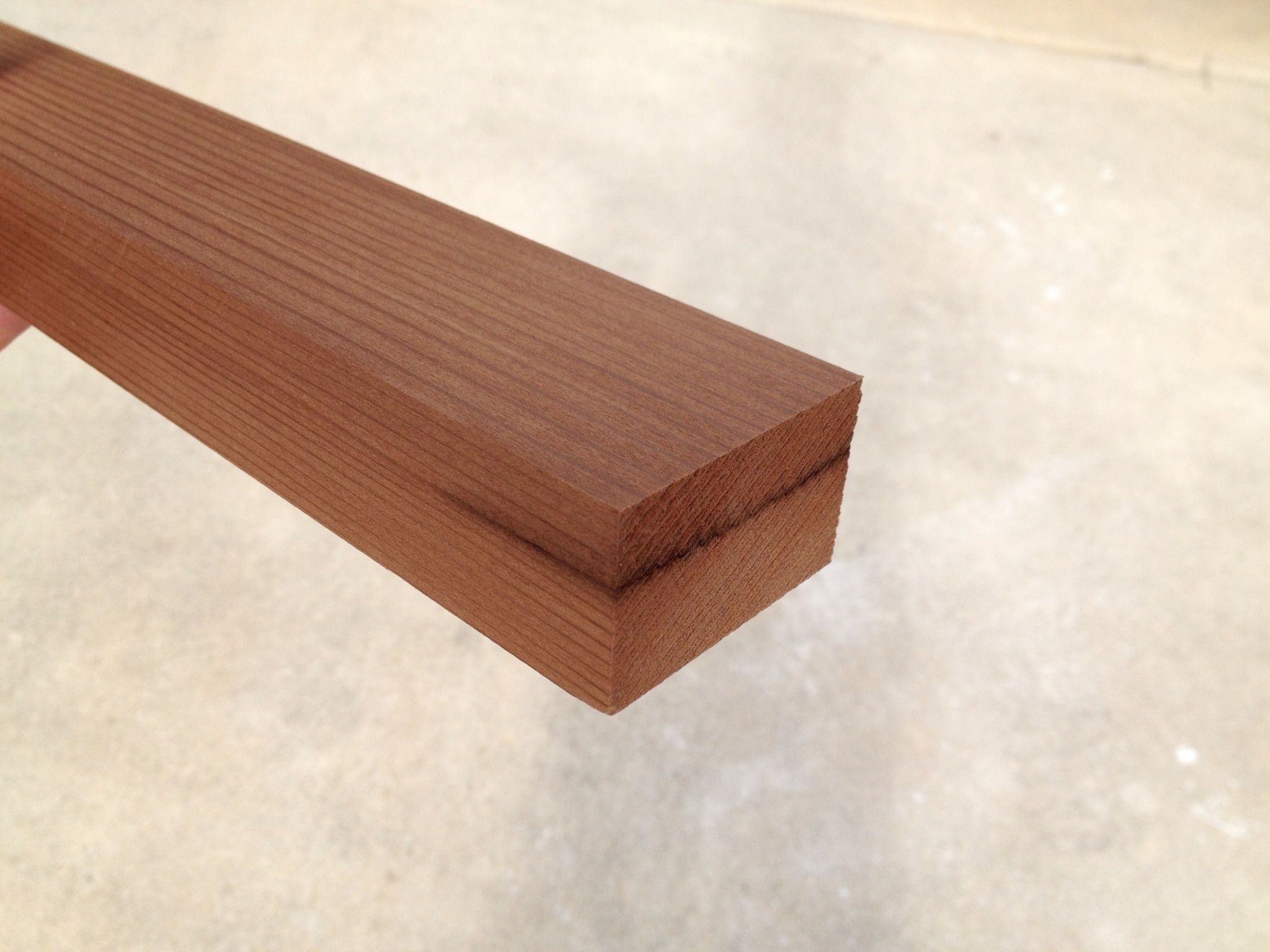
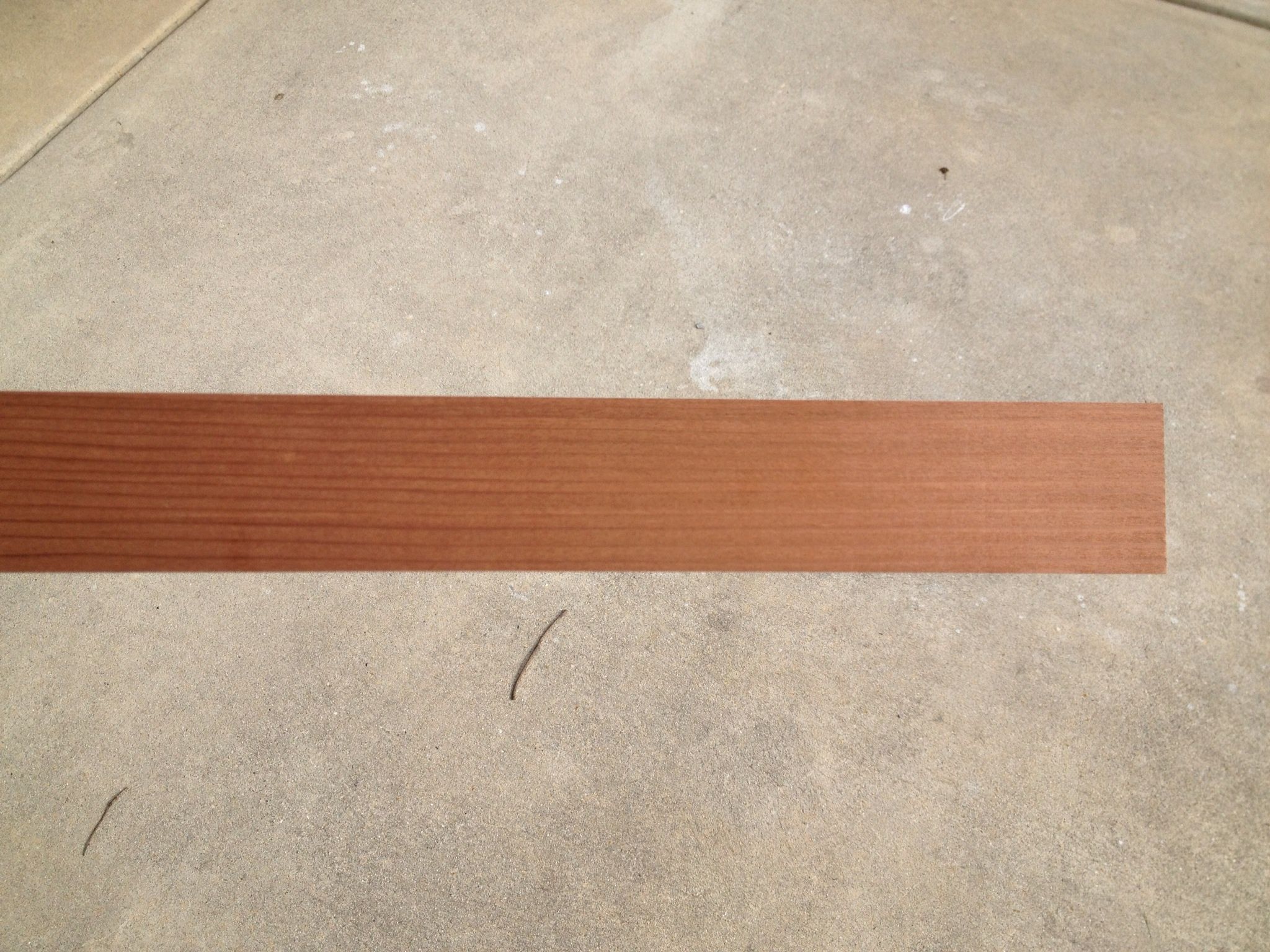
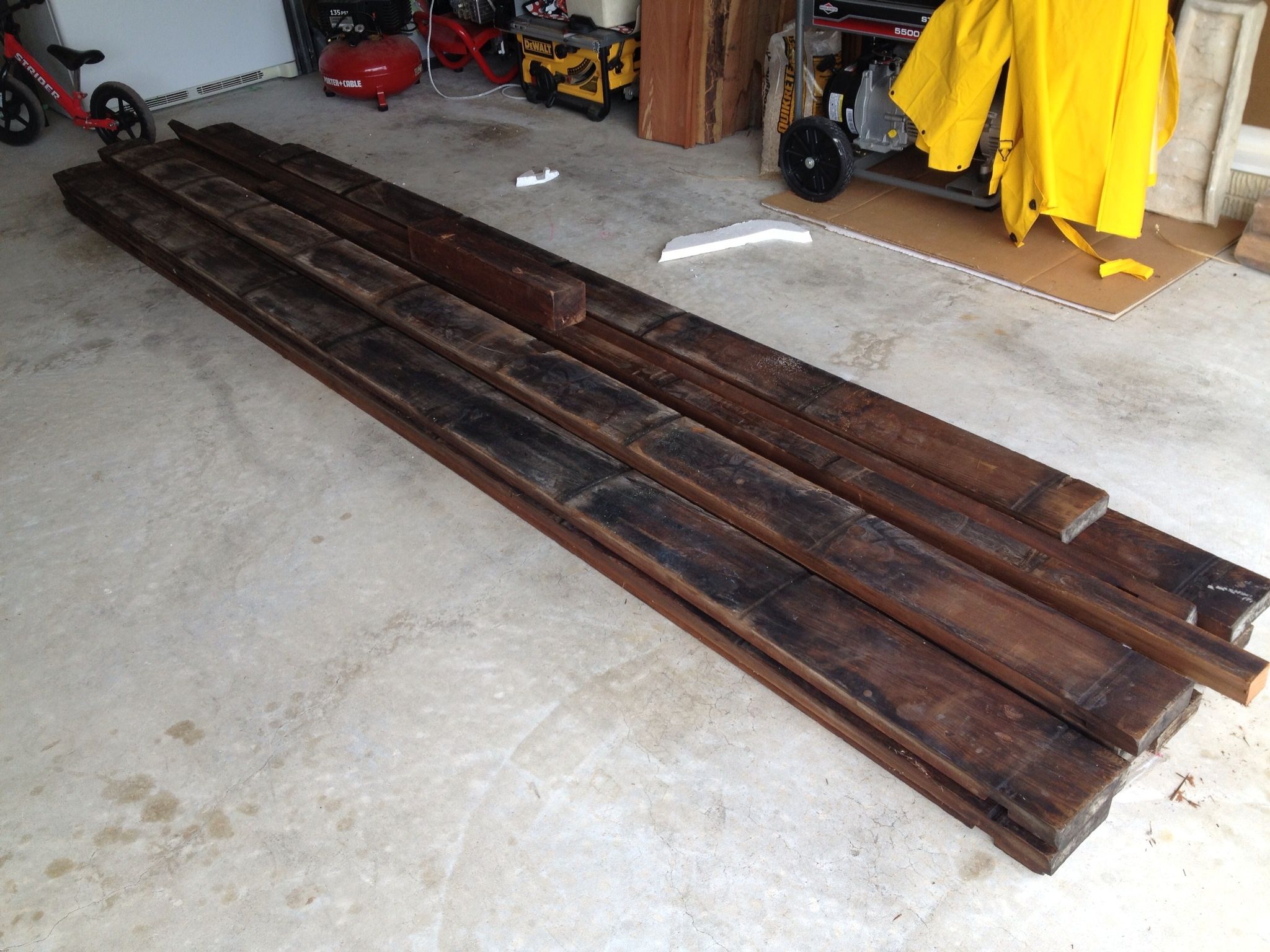


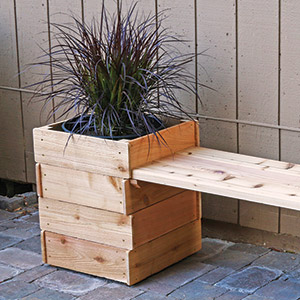

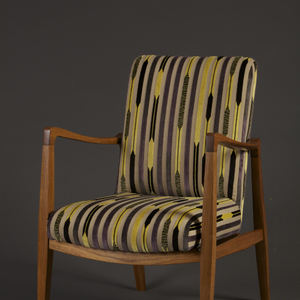













Comments
Wet a freshly cut piece. If it smells like hampster bedding it is cedar. Also, redwood is less dense than cedar.
You say "Mid-Atlantic," so I am assuming somewhere around MD, VA,NC? Up here in NYC, I know that a lot of salvage places sell reclaimed lumber from water storage tanks which they refer to as Alaskan Yellow Cedar. I have not purchased or seen this lumber milled myself, but the unmilled stock looks identical to the pieces in your bottom photo. Alaskan Yellow Cedar can best be described as "cedar-like", while truly a member of the cypress family. Perhaps this is why it's missing some of the characteristics you are expecting!
Can't add anything to what's been said except to say that Alaskan Yellow Cedar is indeed yellow.
Alaskan yellow cedar smell like potatos when cut and wet.
I work with reclaimed wood, and have both redwood and cedar. To me, it looks like redwood. It's darker. It can also get some very shiny, wavy grain pattern, almost like cypress. When sawn, it all but disintigrates into a really fine, nasty dust.
*disintegrates (sorry, English major)
I am no professional wordworker but I have to tell you that redwood and cedar most certainly look almost identical if you do not scrutinise on their grain patterns. Well, it is a good thing that the previous owner had kept this pile of usable pieces from his storage tank. Now we can all learn a thing or two about their differences which might come in handy in the future. Thanks to all fellow commenters who are more experienced in the woodworking field for their input.
Log in or create an account to post a comment.
Sign up Log in